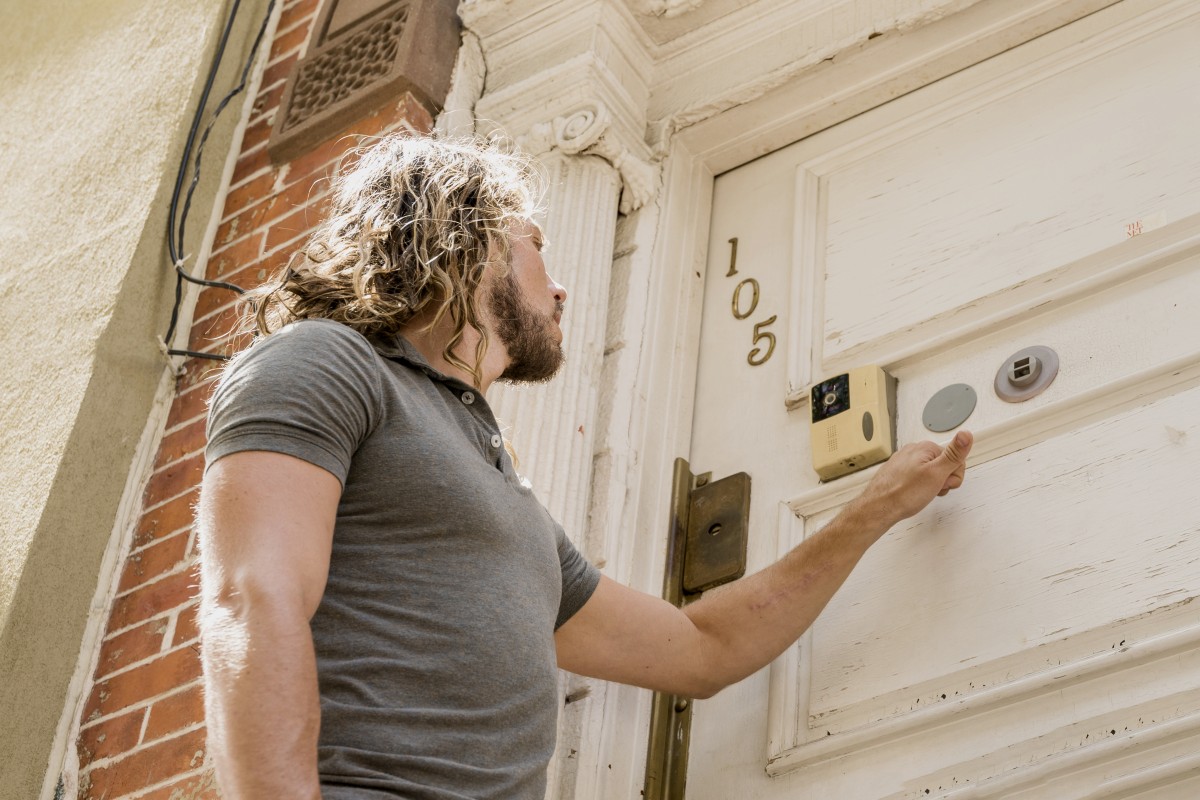
Squatting, along with defaulting tenants, is a major problem in Spain and an issue of great concern to homeowners, whether they have many or just one property. What squatters call an act of rebellion or resistance against the system affects private individuals who have inherited a home or who, through hard work and effort, have managed to buy a house.
Why should decent access to housing – something that should be the responsibility of the state – fall on private individuals? This and other questions are overlooked in the extensive squatting handbook: a bible covering the techniques and methods for squatting houses. If you know the tricks in this manual, you can stop it from happening to you.
Recently, news has spread of a woman who illegally squatted a villa worth €670,000 in Menorca. The squatter, named María, is a housewife and mother of five children. According to what she shared on social media, she receives around €1,600 from the Minimum Living Allowance (Ingreso Mínimo Vital, IMV). In a video where she gives a tour of the house, María explained why she felt she deserved to live there: "Not even Beyoncé... I deserve it! I deserve it!"
While the rest of us have to make do with renting or buying flats we can afford, a group of people benefit from the laxity of Spanish law regarding squatting and living for free, at the expense of the state, often receiving subsidies. Some mafias even take over houses and demand a "ransom" to leave them.
Similarly, the best way to prevent them from occupying your house or property is to learn the tricks and methods they use, which are covered in the squatting handbook. This document explains how to squat a house. Knowing how they do it is the best way of preventing it from happening to you.
Prevent squatting by omitting certain details about your property
Squatters look for information about the properties they want to occupy. They scour the internet for property listings stating if they are unoccupied. On other occasions, they talk to neighbours and ask them questions to gauge whether the property could be squatted.
Avoid displaying "For Sale" signs around the property, and if you upload listings on idealista, don't mention that the property is vacant. If you sell or rent with an estate agent or have neighbours you trust, ask them to visit the property from time to time.
Security cameras and alarms can protect your home
Squatters do rounds to keep an eye on properties, checking for security cameras and noting where they are installed. They also check how many people are in the property, for example, if there are gardeners or the periods when the property is vacant.
Having video surveillance cameras or an alarm system is the best option to protect your property. If squatters are caught in the act of entering the property, they can be evicted immediately. Problems arise when some time has passed.

Pro squatting tactics for taking over properties
The third step for squatters is to enter the property. The squatting handbook covers methods for getting around locks, gates, padlocks and all kinds of obstacles, as well as disabling them so that the owner cannot use them to regain entry. Once inside, squatters block the lock from the inside, for example, with cold welding or with a stick and glue. They aim to stop police from being able to access the property immediately after entering.
Preventing this is tricky. Squatters are capable of opening doors that are hard to access. They are organised and know what they are doing. However, the sturdier and higher quality the door, the more difficult it will be for them and they may divert their attention to another property.
Once the lock has been damaged, they will then change it, and put chains on fences and gates.
This is how squatters avoid immediate eviction
To make eviction by the police more difficult, they bring other people into the house, so that it is never empty.
Moreover, having a large number of people present prevents the landlord or neighbours from acting alone. In many cases, they even leave their children or pets behind for long periods to avoid being evicted.
Squatters also insure the valuable belongings in the house to avoid complaints of theft.
Squatters minimise damage to avoid crime
Assailants try to ensure that the damage caused during the break-in is less than €400, so that it is considered a petty offence, rather than a crime as such.
This means it is wise to keep receipts for the items in the house, as they may reveal that the damage has indeed exceeded the €400 limit.
Avoiding squatting by leaving personal belongings
Many squatters leave their belongings in the house: photo frames, toiletry bags or bags, to settle in and prevent them from being evicted.
If you own, for example, a second home, it is vital that you leave personal belongings there to indicate that the squatter is breaking and entering and not trespassing, which carries more serious penalties for them.
Squatters' strategy to extend legal proceedings
The main strategy is to drag out the judicial proceedings for as long as possible. They delay statements, ignore court notifications, and mass accusations, which can drag out the process for up to two years.
Call the authorities and report the squatting as soon as you become aware of it. The longer you take, the worse it gets.
What happens if a squatter stays there for more than 48 hours?
According to case law, the police can evict a squatter without a court order, as long as they do so within 48 hours of their entry into the flat. After this period, a court order is needed to proceed with the eviction. This initiates a legal proceeding that can last for years, substantially making it harder for the landlord to recover the property.
How do I legally evict a squatter?
If you were unable to evict them during the first few hours of the squatting, you will have to file a civil eviction lawsuit. For the squatters to be evicted, a court order is needed to authorise the police to enter the house. As soon as you become aware that a property you own has been squatted, it is best to hire a lawyer who is an expert in real estate law.
For more information about Spain's "okupas" problem, check out this recent report.